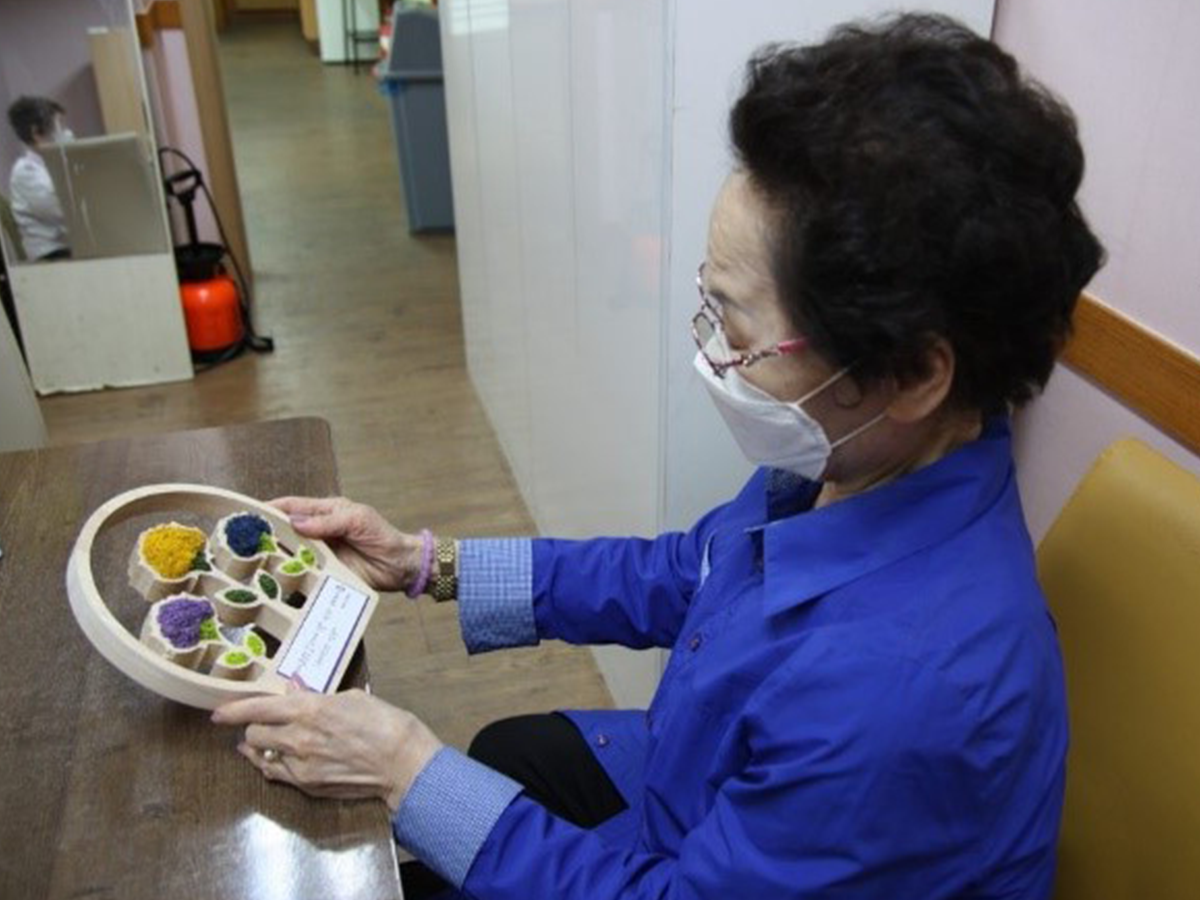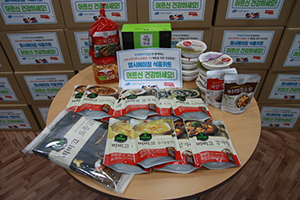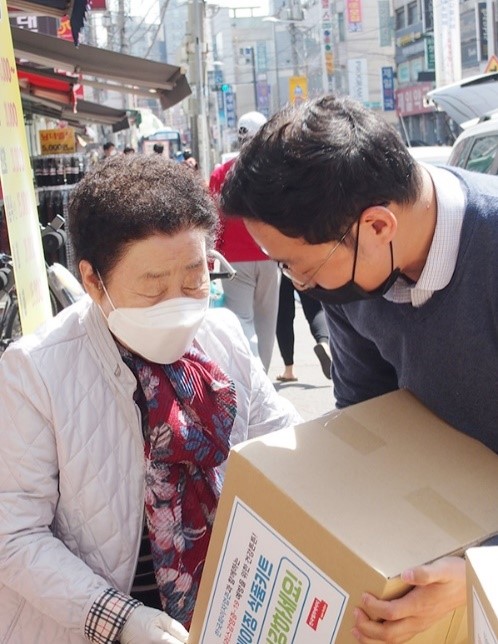Show Menu
Choose Your Location
You are now leaving the Viatris page for a Viatris affiliate site or third party site that is solely responsible for its content, including its compliance with guidelines applicable in certain geographies. Links to Viatris affiliate sites and third party sites are provided as a resource to our visitors and may not be governed by the same regulatory requirements applicable to this site and unaffiliated third party sites are subject to their own terms and data protection notices and practices. Moreover, if their third party site is subject to other country laws, regulatory requirements, data protection requirements or medical practices may differ between countries and the information provided therein may not be suitable for use in your country.

Empowering You
October 6, 2021
By Jennifer C. Yates
Supporting communities has taken on added significance during the pandemic, as lockdowns around the world have left many people isolated and without easy access to healthcare. That’s been the case with many of Korea’s low-income elderly, and especially those with decreased mobility, who have been unable to gather as they traditionally would at senior centers for meals and socializing.
To provide support, the Viatris team in Korea decided to help seniors where they needed it most: in their homes.

Throughout the last year, colleagues in Korea have supported the HelpAge Korea program, which operates senior communities throughout the country, by providing at-home meal kits, customized workout books, mushroom growing kits, a message of support from employees and other resources. The Healthy Ageing Comprehensive Care Kits were created as a way to empower seniors to live healthier by promoting healthy aging both physically and mentally among those people who may be feeling especially isolated during this time.
"Because of COVID-19, I wasn’t able to come out to the public area often, which made me bored at home. But now it's fun to grow these mushrooms. It is my morning routine to check how much the mushroom has grown, and it gives me great joy,” an 82-year-old woman said.
Senior centers often offer free meals to low-income elderly, but access to those have been limited due to the pandemic. Skipping meals or a poor diet can cause nutritional imbalances or other health issues.
The meal kits included instant rice, simple soup, side dishes, seaweed and kimchi and were distributed to 230 seniors at 11 community centers across the country, including in Seoul, Gyeonggi, Incheon, Daegu and Busan.

The Viatris Healthy Ageing campaign, which was begun by one of our legacy companies in 2013, was started to reshape the country’s social discourse on aging. Korea is facing a demographic crisis as the number of births is declining and the population is increasingly getting older, posing challenges to the cost of and access to healthcare.1 The number of Koreans 55 and older increased from 11 million in 2011 to 16.7 million in 2020.2
Through a partnership with HelpAge Korea which started in 2016, the program expanded to support the physical and mental health of low-income elderly. The campaign has continued to evolve, including the addition of a program where employees volunteer to help underprivileged elderly who are vulnerable to noncommunicable diseases (NCDs) including hypertension, diabetes, high cholesterol and arthritis.
The teams who delivered the kits also used the opportunity to check on the health of residents. At one stop, a man so grateful for the visit took a handful of candy from his pocket and offered it to the team to show his gratitude.
The mushroom growing kit was added as a resource to help residents feel a sense of accomplishment. And a scandia moss carnation basket was distributed to improve air quality. Scandia moss helps to naturally regulate humidity and can be used as a natural air deodorizer.
In addition to the home deliveries, the Healthy Ageing program also supported improvements at several senior centers. The team donated air purifiers to eight centers, and replaced sinks, flooring and other upgrades at another center to make it easier for the elderly to access the amenities there.
1 Lee, C. M., & Botto, K. (2021, June 29). Demographics and the future of South Korea. Carnegie Endowment for International Peace. Retrieved September 17, 2021, from https://carnegieendowment.org/2021/06/29/demographics-and-future-of-south-korea-pub-84817.
2 Written by Katharina Buchholz, D. J. (n.d.). This chart shows South Korea's population is ageing and shrinking. World Economic Forum. Retrieved September 17, 2021, from https://www.weforum.org/agenda/2021/03/research-shows-increase-korea-ageing-population